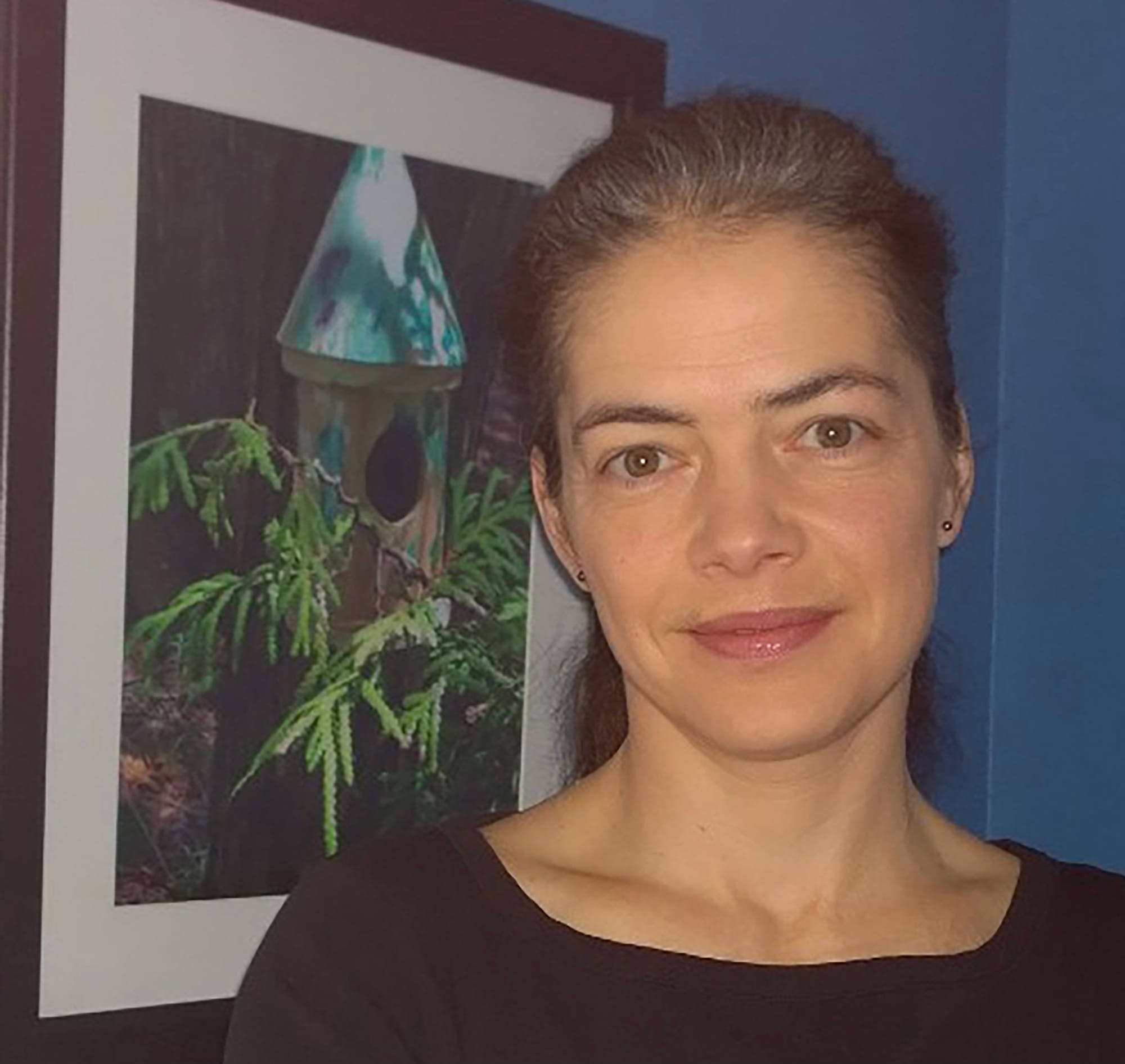Victim heal thyself — and while you're at it, pull yourself up by the bootstraps

There are few areas of law where victims get revictimized so routinely as those that involve sexual abuse or intimate partner violence. Or both.
Where else do we make victims relive, repeatedly and in painful detail, all aspects of what happened to them and question them until they get some minor details wrong and then use that to question them some more? And blame them for what happened?
Well, actually, there are some areas. For instance, with Indigenous persons (and people of colour) who are policed much more than the folks in your average community of suburban single-family homes and who get overly punished for behaviours that too often stem from multi-generational trauma. Not that people shouldn’t be held accountable for their actions. But between turning a blind eye and handing out harsh sentences to racialized individuals for relatively minor and non-violent offences like possession of small amounts of drugs, there is a chasm.
One that is explored in great detail and with a refreshing dose of empathy by Benjamin Perrin in his latest book Indictment (which I’ve reviewed here). In the accompanying podcast you can hear personal stories straight from those who’ve experienced violence — in and out of the criminal justice system — and how this harshness for victims of crime, especially victims of sexual abuse or intimate partner violence, contributes to perpetuating cycles of violence, trauma and misery.
It doesn’t stop once people are out of the criminal justice system. When victims of abuse try to obtain justice against perpetrators and institutions that either enabled the abuse or were negligent in preventing it, the process is retraumatizing to say nothing of dehumanizing, as this recent story recounts in painful detail.
An example? Sure. This one involves Patrick, a man who was a 12-year-old altar boy when he was sexually abused by two priests. One of the priests was convicted of sexual crimes against other boys, the other was never charged. Both are now dead.
According to court transcripts, the lawyer repeatedly asked Patrick if his body was aroused.
[…]
The lead lawyer for the church issued a statement on Monday, explaining the intent of that line of questioning. “I understand the plaintiff’s discomfort,” wrote Charles Gibson. “The question was a fact finding one and in no way was it meant to ask the plaintiff if he enjoyed the devastating impact of a sexual abuse.”
They asked him, repeatedly, whether being sexually assaulted at the age of 12 was giving him an erection. For what fucked-up reason other than to try and shame him?
Patrick had to learn to live with the abuse he suffered and with the various ways it impacted his life as he grew up. And when he finally got to the point of seeking justice from those who could have protected him but didn’t, he was made to feel like somehow his pre-teen self was the one to blame.
Then we have victims of intimate partner violence who often must continue to live with their abusive ex’s presence if they have children, and who remain financially dependent on the very person who hurt them the most.
I wrote about one such story in the Citizen earlier this year. Kristen got in touch with me some time after the story appeared, wanting to share more of her experience with me. She wants to use it to help other women in similar situations avoid what happened to her, and I am honoured that she trusts me to help her tell her story.
I don’t want to repeat all the details of what led her ex to be convicted and sentenced. You can read them at the link.
What you don’t know is that since the end of his sentence in June, her ex lost his job. While you and I might agree that’s probably not unfair punishment for what he’s done, for Kristen it’s a devastating blow as he no longer pays child support and won’t be able to until he finds another job. Which may be difficult given what he’s done.
Kristen works full time and raises four kids on her own. Let’s just say she doesn’t have a whole bunch of time to moonlight as an Uber driver or launch of side hustle. Suddenly losing her ex’s contribution to her budget is catastrophic. To the point where two of her friends have launched a GoFundMe campaign to give her some breathing space to figure out a solution.
It is beautiful to see the solidarity of family, friends and neighbours. But why was she left to pick up the pieces from the assault she suffered by herself and to somehow multiply her earnings on such short notice? Why do we, as a society, ignore the weight that victims of violence and abuse carry on their shoulders as they try to rebuild their lives? How can we break this cycle and find ways to reduce the suffering that affects so many men, women and children?
I don’t know, other than to use my voice and choose words I think might help smash the wall of indifference. I am often discouraged. But I won’t stop.




